Does nuclear energy have an image problem?
Government plans to expand UK’s nuclear network to help achieve net-zero
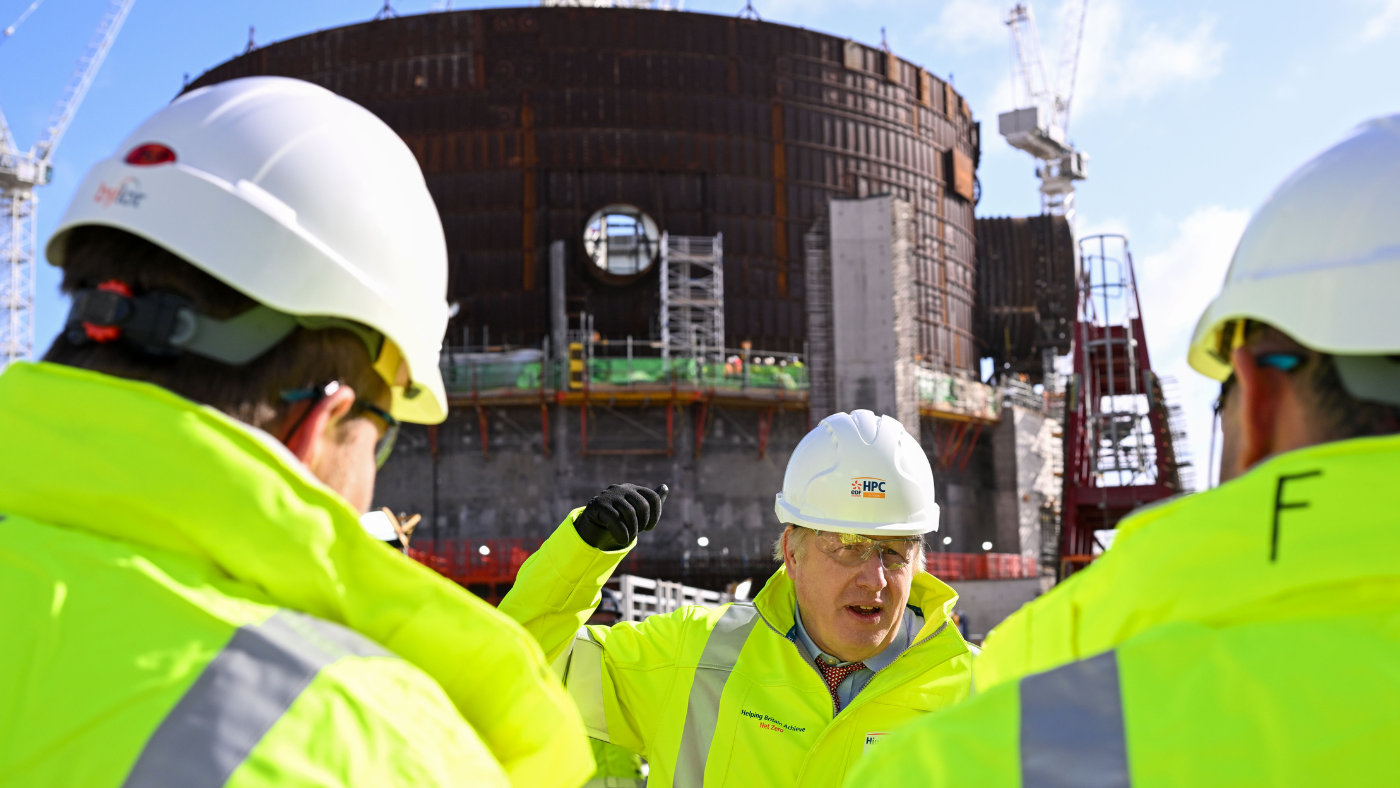
A free daily email with the biggest news stories of the day – and the best features from TheWeek.com
You are now subscribed
Your newsletter sign-up was successful
World leaders are reviewing their countries’ energy sources as geopolitical tensions between Russia and Western nations have caused spikes in gas prices and concerns about energy security.
And as the worst possible effects of climate change have become clearer, calls for governments to move away from their reliance on fossil fuels and adopt greener alternatives have intensified.
Earlier this year, Boris Johnson put nuclear power at the heart of the UK’s new energy strategy, with a possible eight more nuclear reactors in the pipeline for approval. The government’s ambition is for nuclear power to make up 25% of the UK’s electricity sources by 2050.
The Week
Escape your echo chamber. Get the facts behind the news, plus analysis from multiple perspectives.

Sign up for The Week's Free Newsletters
From our morning news briefing to a weekly Good News Newsletter, get the best of The Week delivered directly to your inbox.
From our morning news briefing to a weekly Good News Newsletter, get the best of The Week delivered directly to your inbox.
In April, Johnson tweeted that nuclear is “a reliable, safe and constant source of clean energy”, and that it is “absolutely crucial to weaning” the UK off fossil fuels. Not everyone agrees. Green Party MP Caroline Lucas tweeted in March that nuclear power is “too costly, too slow, and too dangerous”, and that the suggestion it could supposedly solve the energy crisis was “disappointing”.
Public perception
Support for nuclear power in the UK has risen in the past six months, with 47% of adults backing its use, according to YouGov data. But 34% oppose its use.
Nuclear accidents in 1986 at the Chernobyl Nuclear Power Plant in Ukraine, then in the Soviet Union, and Fukushima Daiichi Nuclear Power Plant in Japan in 2011 are remembered by many people, and concerns about the harmful effects of exposure to radiation still have some sway over public opinion.
In the case of Chernobyl, 31 people are known to have died as a direct result of acute radiation exposure at the plant, and some estimates suggest that up to 60,000 more died in the years after the disaster as a result of cancers caused by radiation exposure.
A free daily email with the biggest news stories of the day – and the best features from TheWeek.com
Meanwhile at Fukushima, the official death toll counted 573 people who died as a result of being evacuated and stress-induced health problems. In 2018, Japan’s government decided that one worker’s family should be paid compensation. The man, in his 50s, died from lung cancer diagnosed in 2016, but the connection between his death and radiation exposure has been disputed.
Safety concerns
Despite the lives lost in these tragic accidents, nuclear is “far, far safer than fossil fuels”, according to analysis from a research team at Oxford University.
Though estimates vary, it’s thought that between five and eight million people a year die prematurely as a result of air pollution, to which fossil fuels are a major contributor, and the carbon emitted from these energy sources is contributing significantly to rising global temperatures too.
The team concluded that “the world is not facing a trade-off” when it comes to finding a safer and more environmentally sustainable power source. Nuclear power – as well as wind, hydropower and solar – is safer “in terms of accidents and air pollution”, as well as being far less carbon-intensive.
‘PR problem’
The i news site’s science writer Tom Chivers thinks that nuclear power has something of a “PR problem”. Nuclear has an “unfair reputation for being dangerous”, and “has advantages” in terms of reliability and efficiency.
And public opinion about its safety does appear to be changing. Latest YouGov data found 22% of UK adults believe nuclear power to be unsafe, while 59% believe it to be safe, up 5% from December 2021.
It’s not only the UK that is looking to nuclear energy as a possible green energy solution. France has somewhat led the way in recent years, with around 70% of its power now coming from nuclear sources.
Following Russia’s invasion of Ukraine, Japan is another country that has said it will put it at the fore of its energy future – but, given the level of public concern, Prime Minister Fumio Kishida faces a “long road” in his attempt to “reboot” the nation’s nuclear power network, said The New York Times.
The Overview
Can nuclear power overcome its image problem? Are concerns about its cost and safety justified? And what role is it likely to play in the future of the world’s energy supplies?
Pulitzer Prize-winning historian and journalist Richard Rhodes, and Greenpeace UK’s policy director Douglas Parr, join The Week on this episode of The Overview.
Julia O'Driscoll is the engagement editor. She covers UK and world news, as well as writing lifestyle and travel features. She regularly appears on “The Week Unwrapped” podcast, and hosted The Week's short-form documentary podcast, “The Overview”. Julia was previously the content and social media editor at sustainability consultancy Eco-Age, where she interviewed prominent voices in sustainable fashion and climate movements. She has a master's in liberal arts from Bristol University, and spent a year studying at Charles University in Prague.
-
 Political cartoons for February 20
Political cartoons for February 20Cartoons Friday’s political cartoons include just the ice, winter games, and more
-
 Sepsis ‘breakthrough’: the world’s first targeted treatment?
Sepsis ‘breakthrough’: the world’s first targeted treatment?The Explainer New drug could reverse effects of sepsis, rather than trying to treat infection with antibiotics
-
 James Van Der Beek obituary: fresh-faced Dawson’s Creek star
James Van Der Beek obituary: fresh-faced Dawson’s Creek starIn The Spotlight Van Der Beek fronted one of the most successful teen dramas of the 90s – but his Dawson fame proved a double-edged sword
-
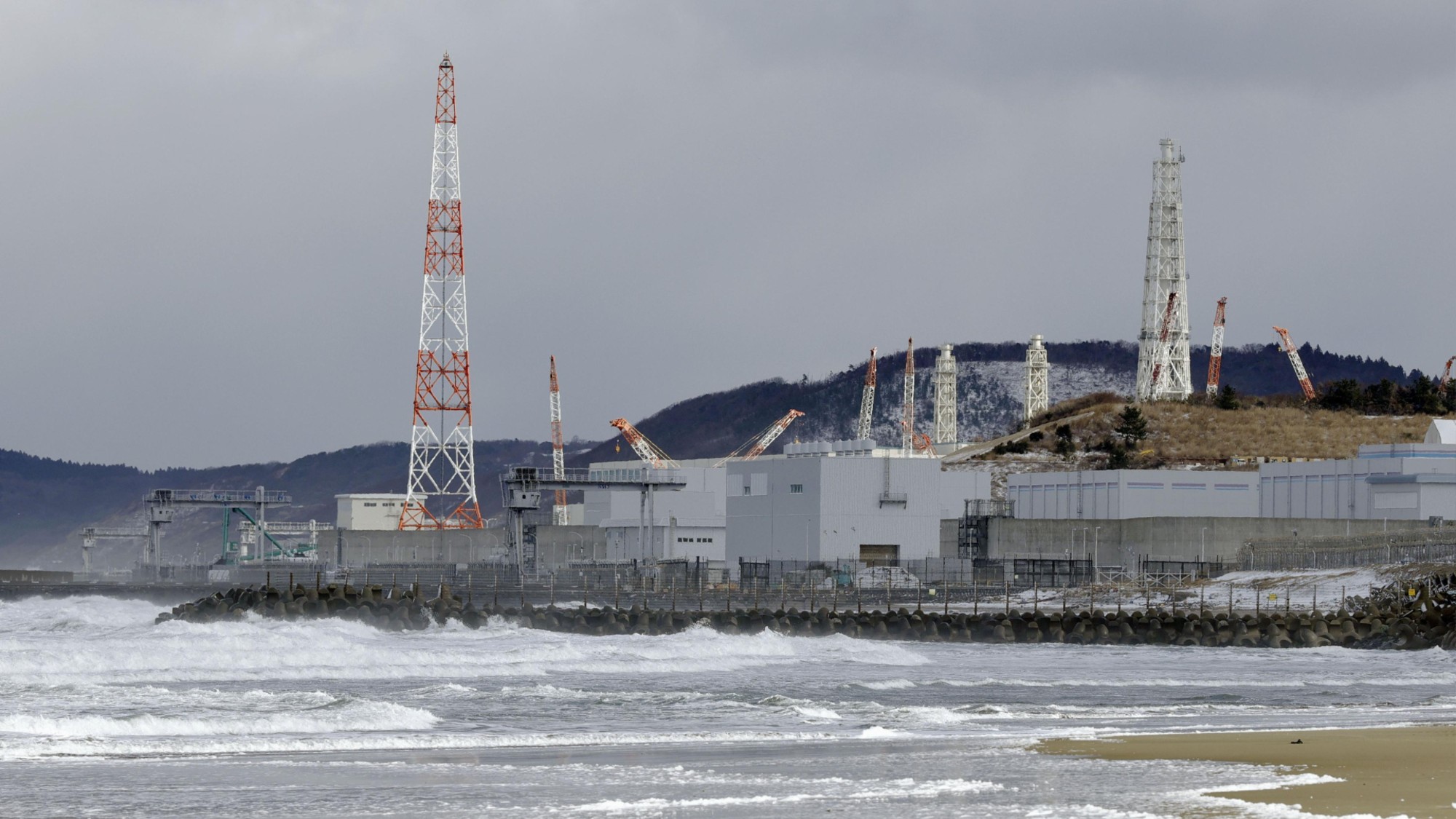 Fifteen years after Fukushima, is Japan right to restart its reactors?
Fifteen years after Fukushima, is Japan right to restart its reactors?Today’s Big Question Balancing safety fears against energy needs
-
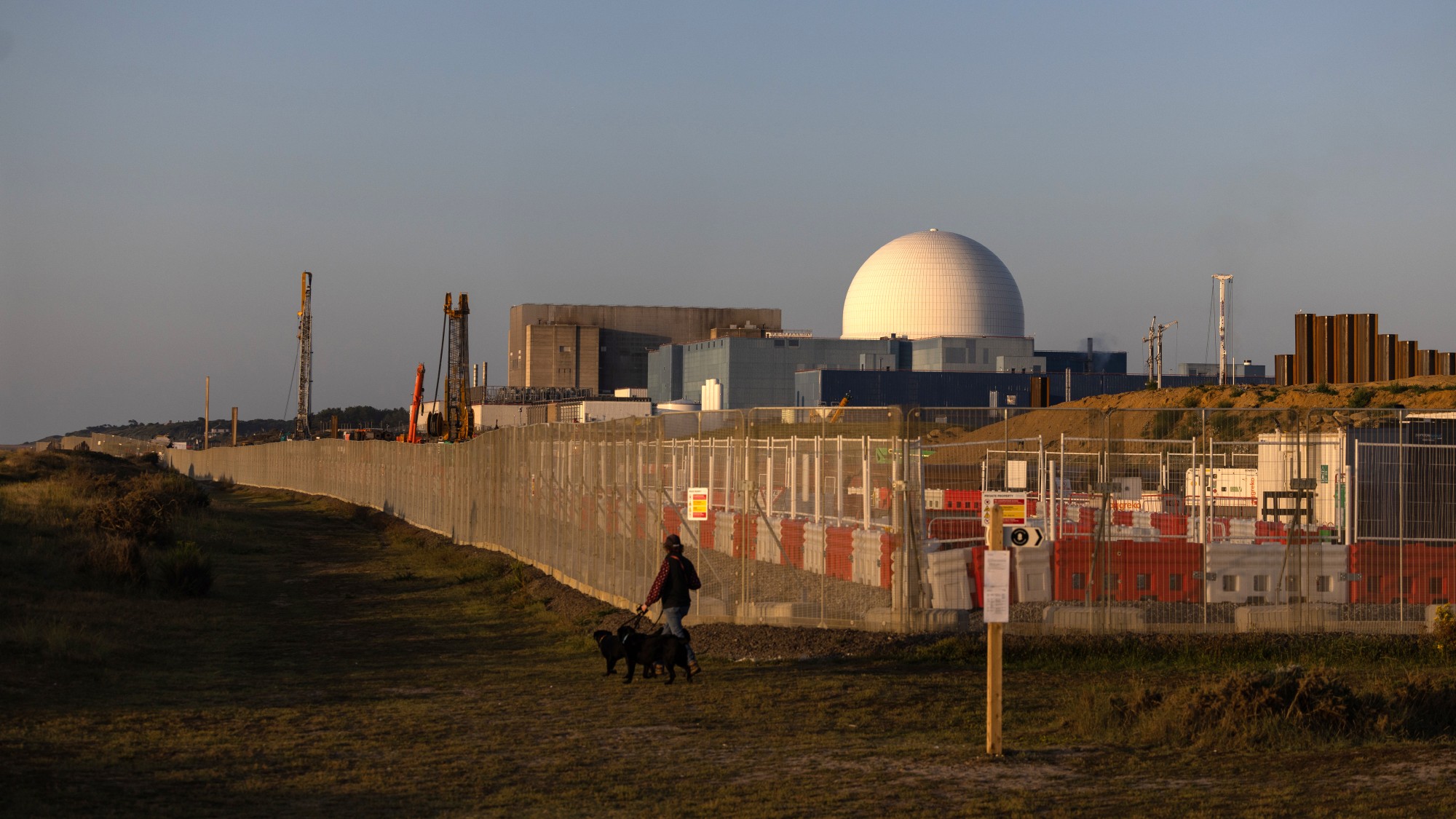 Are we entering a ‘golden age’ of nuclear power?
Are we entering a ‘golden age’ of nuclear power?The Explainer The government is promising to ‘fire up nuclear power’. Why, and how?
-
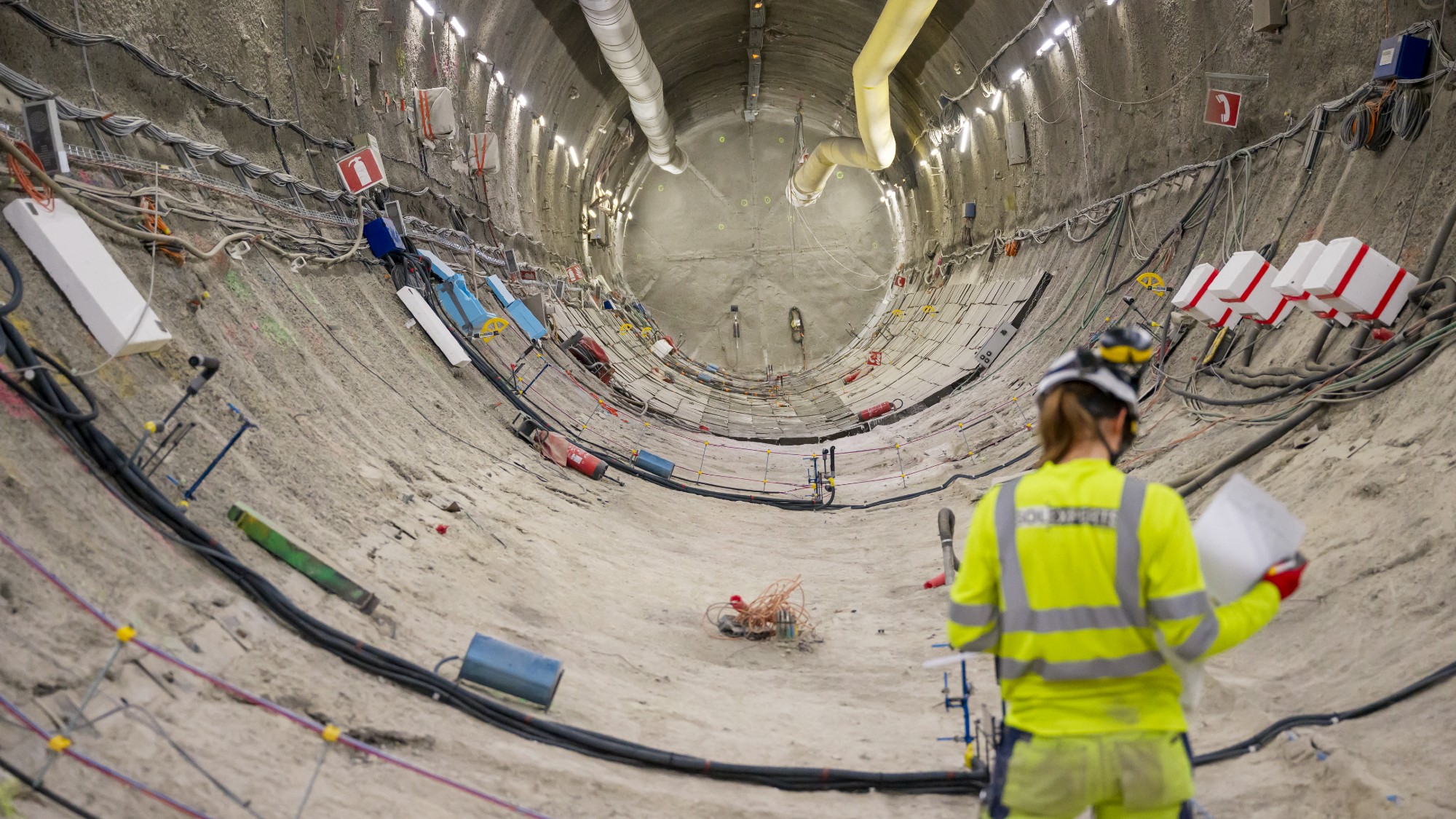 The UK's nuclear waste problem
The UK's nuclear waste problemUnder The Radar Safety concerns as 'highly radioactive' material could be buried in the English countryside
-
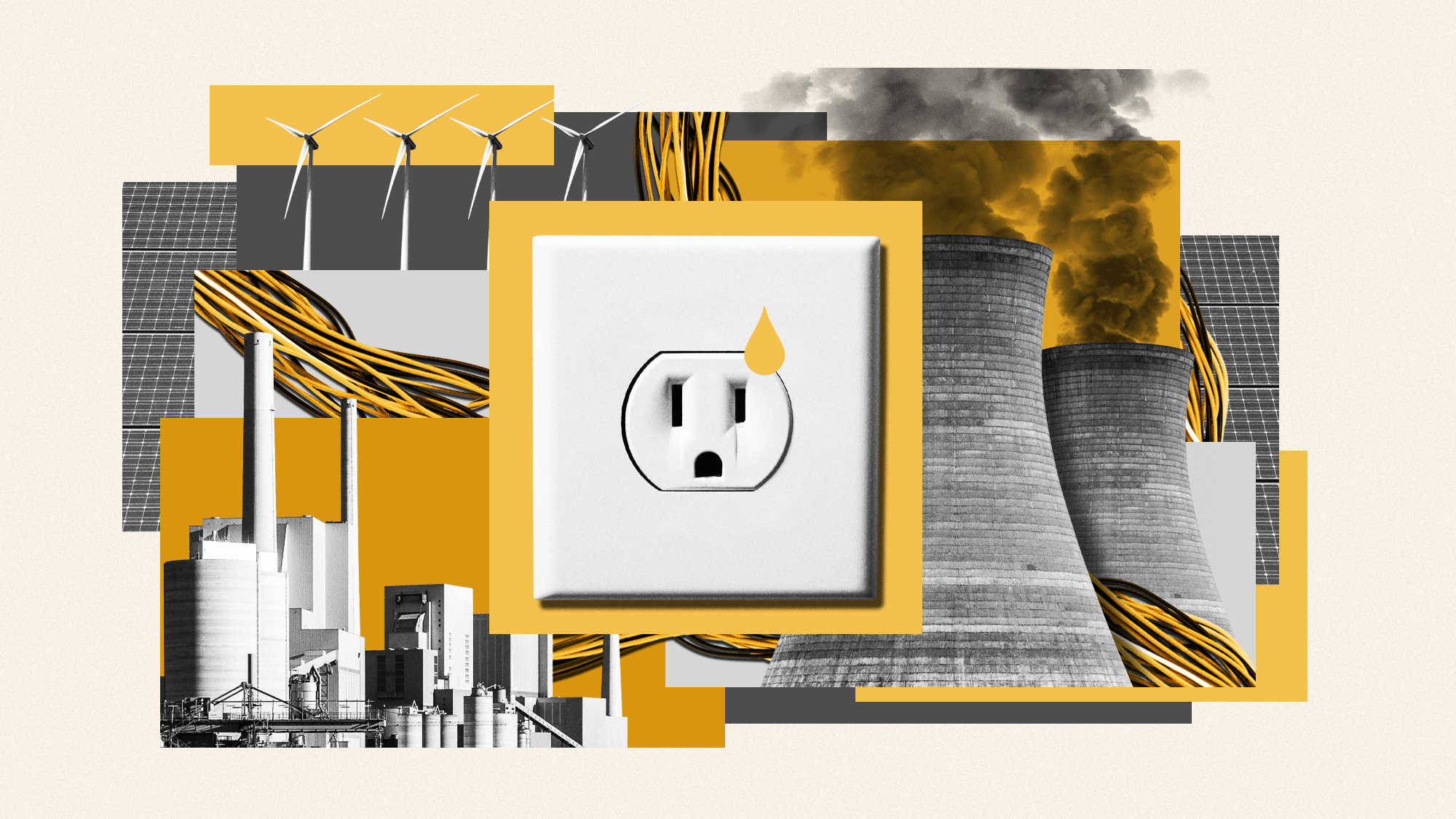 Is America running out of electrical power?
Is America running out of electrical power?Today's Big Question The nation's power grid appears to be reaching critical levels due to emerging technologies
-
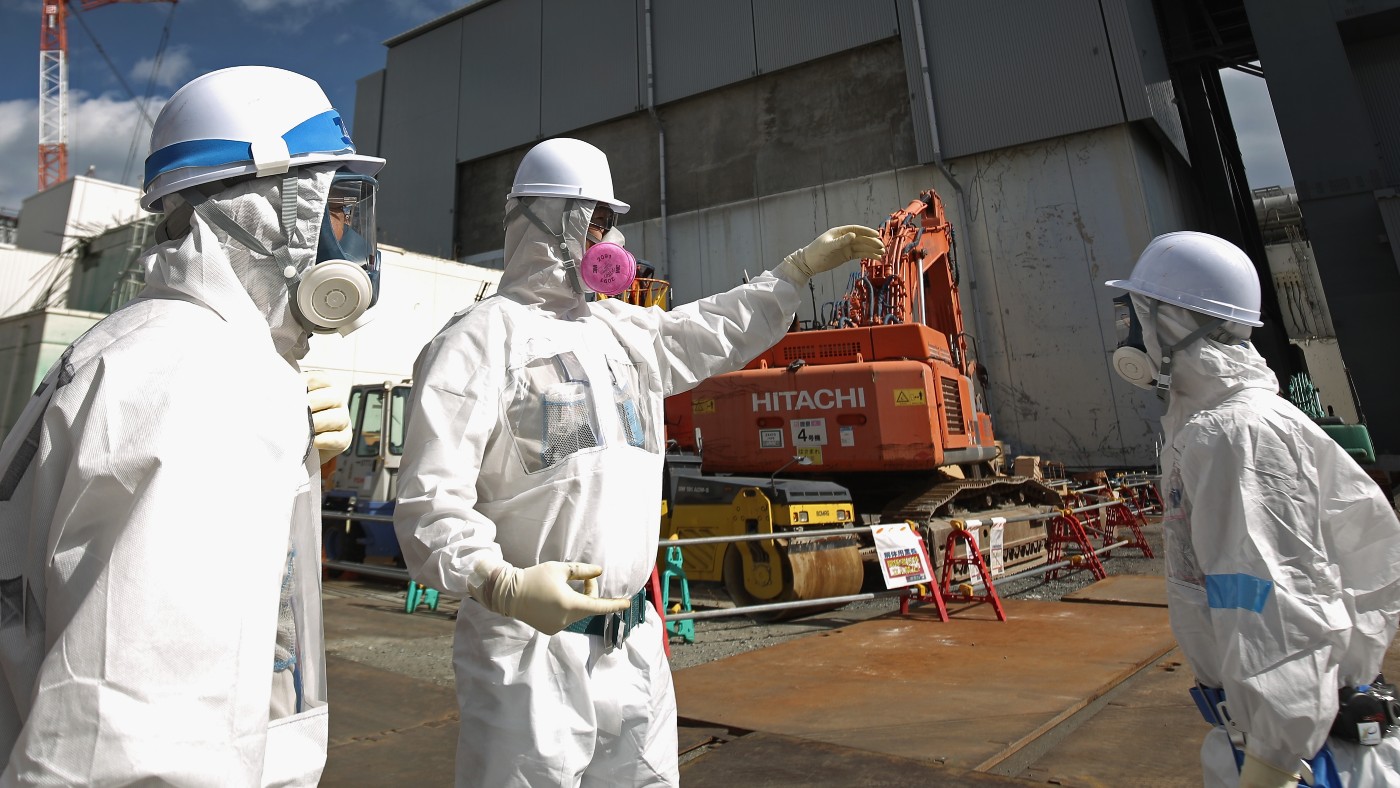 Why Fukushima is releasing wastewater into the Pacific Ocean
Why Fukushima is releasing wastewater into the Pacific Oceanfeature Huge volumes of radioactive water have accumulated on the site since a tsunami triggered a disaster there in 2011
-
 A comeback for nuclear power
A comeback for nuclear powerSpeed Read Long shunned, nuclear plants are getting a second look. Are they safe, clean, and efficient enough to start building again?
-
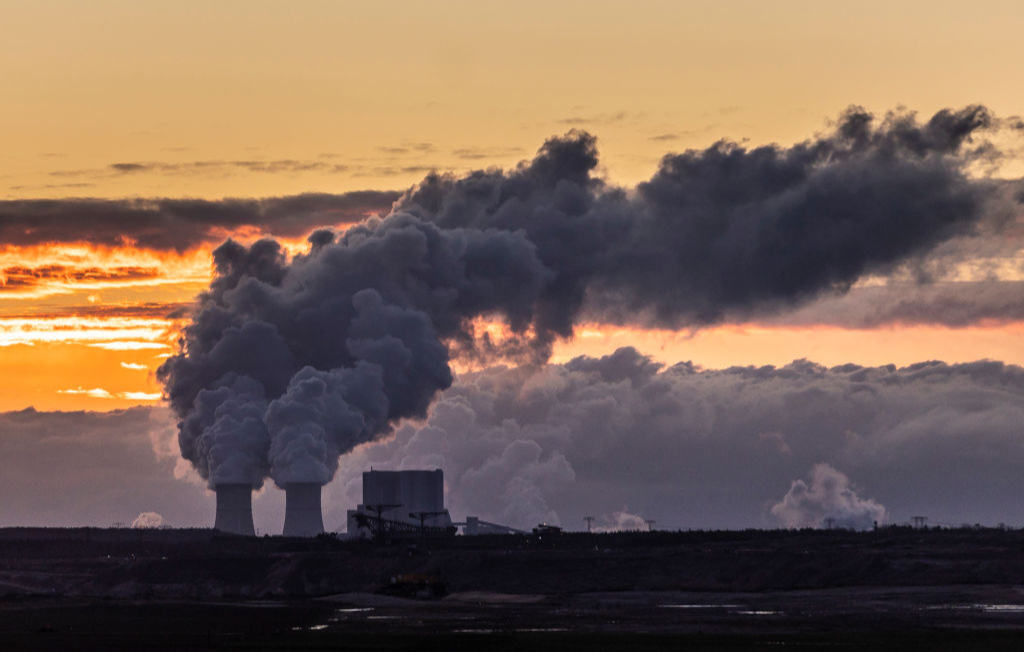 What’s wrong with carbon offsetting?
What’s wrong with carbon offsetting?podcast Critics question whether offsets are an effective tool to mitigate climate change – or just greenwashing
-
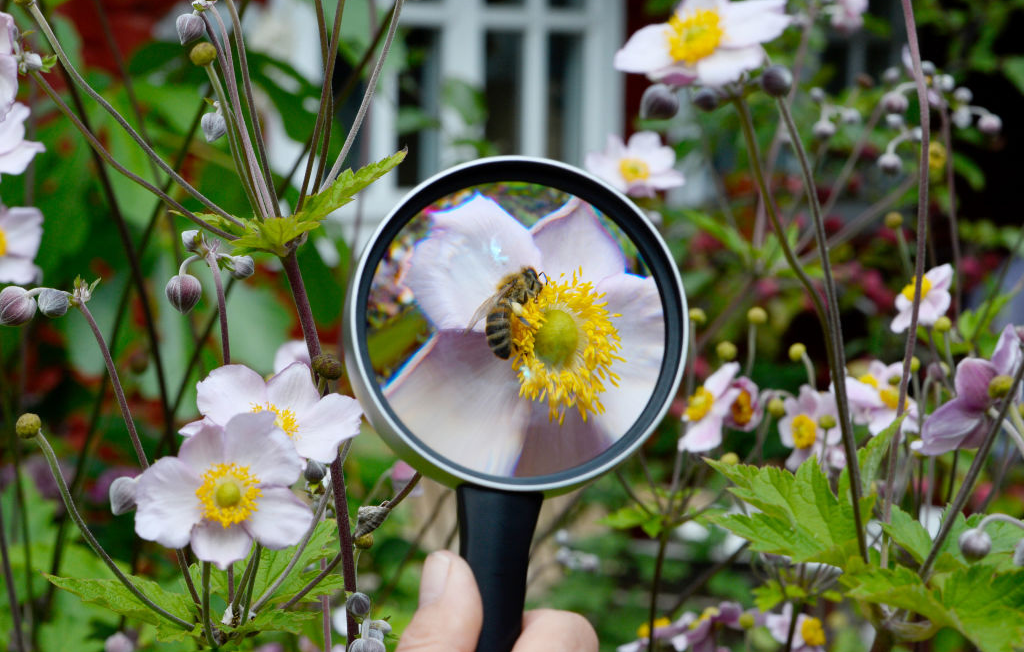 Are we experiencing ‘Insectageddon’?
Are we experiencing ‘Insectageddon’?podcast Population decline paints apocalyptic picture for Earth’s ecosystems